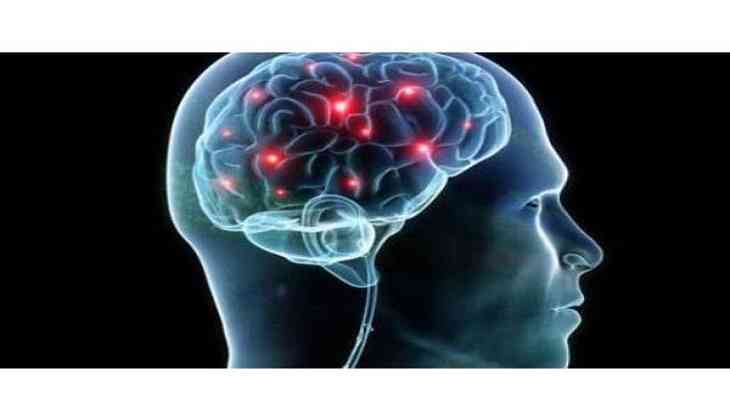Radiotherapy may cause long-term cognitive impairment

U.S. researchers have found that radiation therapy (RT) used for treating patients with brain tumors can alter neural networks and cause long-term cognitive impairment.
RT use high-energy particles, like x-rays or electron beams, is a common and critical component in successfully treating patients with brain tumors, but it is also associated with significant adverse effects, such as neuronal loss in adjacent healthy tissues.
The findings indicated that RT produced both local and global changes in the structural network topology of the brain, thinning the cortex at a rate faster than that associated with Alzheimer's disease and increasing segregation between regions of the brain that typically work together to perform functions such as memory-making and recall.
First study author Naeim Bahrami from the University of California, San Diego in US said that RT is a mainstay of brain tumor treatment.
Bahrami added that unfortunately, a side effect can be incidental irradiation of normal brain tissue and radiation-induced injury, which have been linked to impairment of brain function. As patient outcomes improve, a major concern is managing long-term complications, including cognitive decline and disability.
The previous research has shown that RT can affect discrete brain regions by causing cortical atrophy.
They used complex mathematical models, such as graph theory, to look more broadly by estimating the thickness of the brain cortex in 54 patients with brain tumors before and after RT, using magnetic resonance imaging.
Apart from adding new urgency to efforts to further refine RT and minimise adverse side effects, Bahrami said more research is needed to determine whether their topology-based technique might be useful in predicting or monitoring neurocognitive decline in patients following RT or other cancer-related therapies.
The finding is a non-invasive imaging biomarker to better assess cognitive function in the moment and in the future would be very helpful to clinicians, Bahrami stated.
The research appeared in the journal of brain connectivity.
-ANI






![BJP's Kapil Mishra recreates Shankar Mahadevan’s ‘Breathless’ song to highlight Delhi pollution [WATCH] BJP's Kapil Mishra recreates Shankar Mahadevan’s ‘Breathless’ song to highlight Delhi pollution [WATCH]](http://images.catchnews.com/upload/2022/11/03/kapil-mishra_240884_300x172.png)

![Anupam Kher shares pictures of his toned body on 67th birthday [MUST SEE] Anupam Kher shares pictures of his toned body on 67th birthday [MUST SEE]](http://images.catchnews.com/upload/2022/03/07/Anupam_kher_231145_300x172.jpg)






